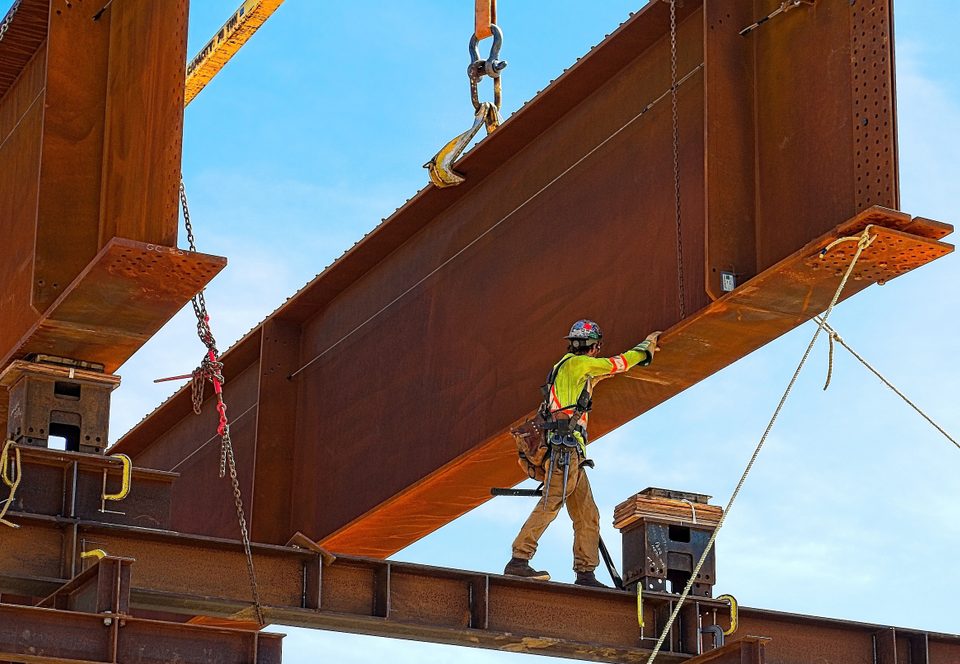Factors to Remember in Alloy Steel Choice

What You Should Know About Weathering Steel
July 1, 2018
Safely and Properly Welding Galvanized Steel
July 21, 2018Steel is useful across an incredibly wide number of applications, and a big part of this is due to alloy steel. There are so many different combinations of alloys out there for different properties that, if you know what you’re doing, you should always be able to find the right kind.
Because there are so many options, though, it can be easy to get confused. At Wasatch Steel, our specialists can help you pick the perfect alloy steel for your next project. Here are some factors to consider.
Formability
Elements like chromium and boron increase the hardenability of steel, and since most forms need to be hardened, forming is generally done in an annealed state – these steels have lower amounts of alloys and carbon and are generally more formable than others.
Machined
Sulfur and phosphorous additions can make an alloy steel more machinable, while boron or chromium can decrease machinability. Machining of alloy steels is generally performed in an annealed state to help the machining process, though it can also be done after heat treatment.
Welded
Like with formability, certain elements added to alloy steels can be bad for welding. Be sure not to add sulfur or boron if you need welding, as both can lead to cracking. In addition, if carbon content is high, make sure the rate of cooling is slow so as to avoid cracking.
Corrosion Resistance
If coating isn’t an option and you need corrosion inhibited, find an alloy steel grade with high resistance. Examples include elements like chromium, copper, nickel and molybdenum.
Heat Treatment
Alloy steel can be easily heat-treated in multiple styles. Once steel is carburized, it’s very hard and abrasion resistant, though inside the outer “case” it’s still ductile.
Strength Requirements
High tensile strengths can be achieved with alloyed steel. Strength will depend on the elements involved, as well as the heat-treated state the metal is in. Annealed or normalized steel alloys will have lower strength than ones that are heated and rapidly quenched.
General Applications
Here are some basic types of alloy steels and how they’re commonly used:
- AISI 4130: Aircraft parts, machine tools, ball bearings
- AISI 4140: Shafts, gears, hydraulic tools, spindles, sprockets
- AISI 4340: Landing gear, axles, oil and gas extraction
- AISI 6150: Gears, shafts, spindles, tools
- AISI 8620: Fasteners, axles, gears, pins, shafts, springs
For more on choosing the proper steel alloy, or for any of our steel services, speak to the experts at Wasatch Steel.



